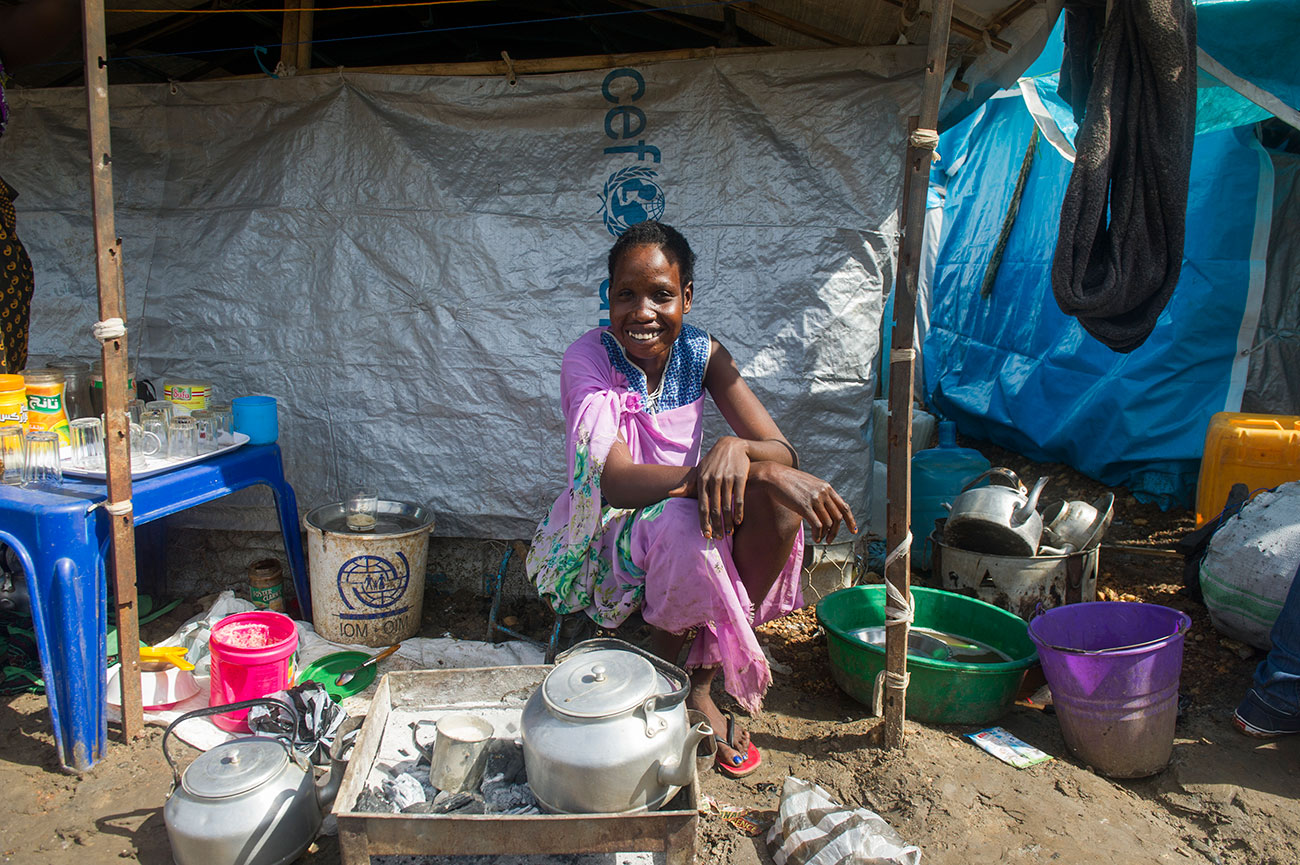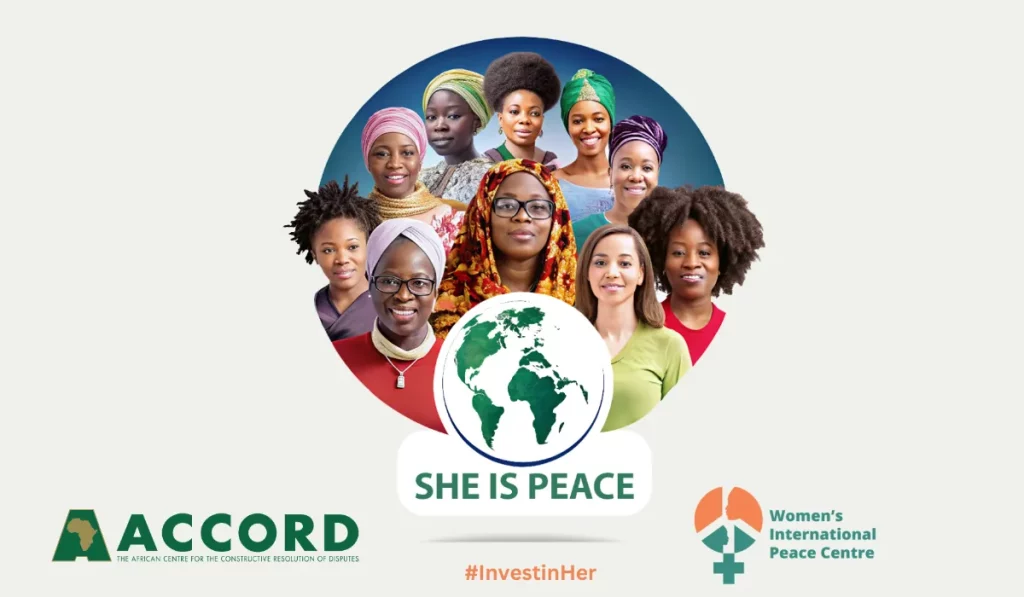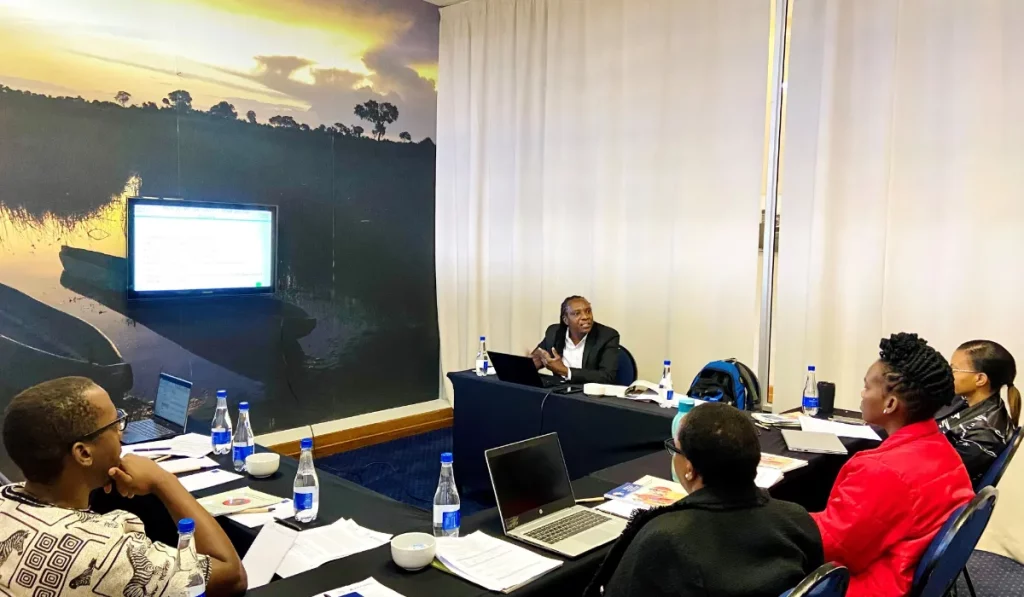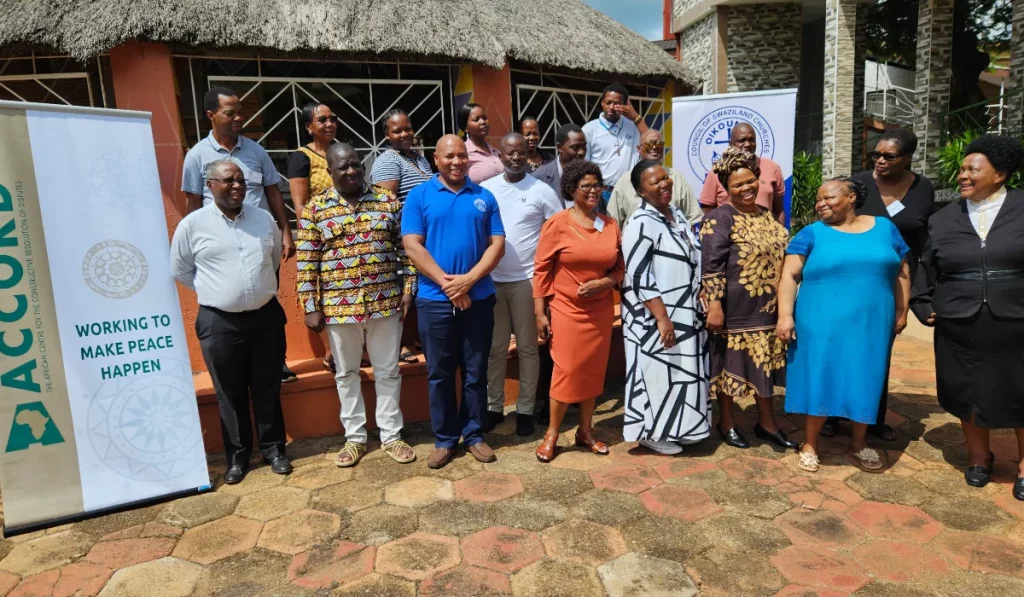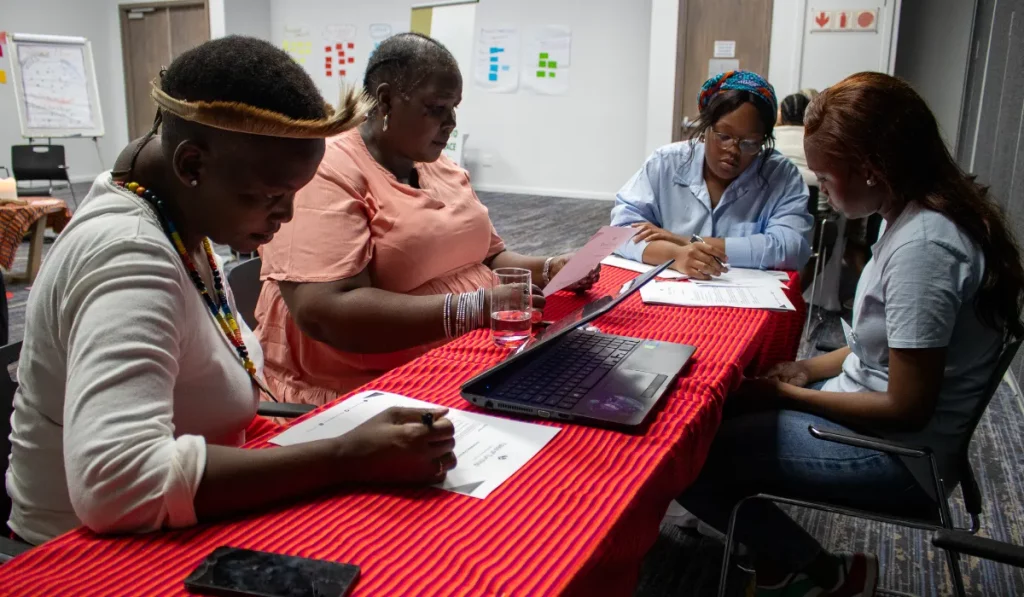The African Union (AU) Commission is currently finalising the work conducted with the Regional Economic Committees (RECs) and Regional Mechanisms (RMs) on the establishment of the AU Civilian Standby Roster. This roster is to serve as the integrated continental platform for the generation, retention and utilization of civilian capacities on a standby basis for deployment across a range of peace and security operations, including mediation missions, peace support operations, and post-conflict reconstruction and development undertakings. In the near future, the AU civilian roster database will be tested and opened to the RECs and RMs for usage, through the regional roster focal points. To date, four regions are staffed with roster focal points, with the exception of the Northern African Regional Capability (NARC). As a result, the AU is supporting NARC to develop its civilian component in order to correspond with this schedule.
The Training for Peace Programme at ACCORD (TfP/ACCORD) participated in a seminar in Cairo, Egypt from 21 – 22 October 2014. This seminar was conducted in the context of a project entitled “Capacity Building Project on Mainstreaming Gender and UNSCR 1325 in North African Peacekeeping and Peacebuilding Architecture” that is implemented by two peacekeeping training centres, namely, Crisis Management Centre (CMC) Finland and Cairo Regional Center for Training on Conflict resolution and Peacekeeping in Africa (CCCPA). The project is planned to be implemented in three years, starting from August 2012 and ending by the end of 2015.
The seminar sought to gather best practices and lessons identified from various regional and international counterparts for the development of deployment, in North African countries, of civilians for peacekeeping and peacebuilding operations. Furthermore, the primary objective of the seminar was to facilitate the development of civilian standby rosters in North African countries in synchronisation with current AU efforts through international and regional experiences, and eventually pave the way for the creation of a civilian standby roster for NARC.
The seminar focused on developing a civilian roster with special attention to the European perspective on EU crisis management; the development of civilian roster; and its civilian response team. Further, focus was given on lessons identified and best practices from civilian rostering on sub-regional level which include the Southern, Western, Northern and Eastern African region. Attention was given on what could be envisaged for the NARC civilian roster with the focus on leadership perspective on civilian recruitment. The delegates of this seminar were able to make significant recommendation on the way forward with the focus on NARC and its civilian roster process.
This participation is in line with the TfP Programme’s strategic goal for improved and sustainable capacity for peace operations on the continent, through ensuring that functional organizational systems are in place in the UN, AU and RECs using relevant policy frameworks mandated by the UN, AU and RECs. In particular, the anticipated result of this activity is in line with TfP/ACCORD’s specific objective to assist the AU and RECs in the development of the civilian structures of their standby forces and Planning Elements (PLANELMs), for operationalization of the ASF by 2015.

